RECAP: 2021 Symposium on Children
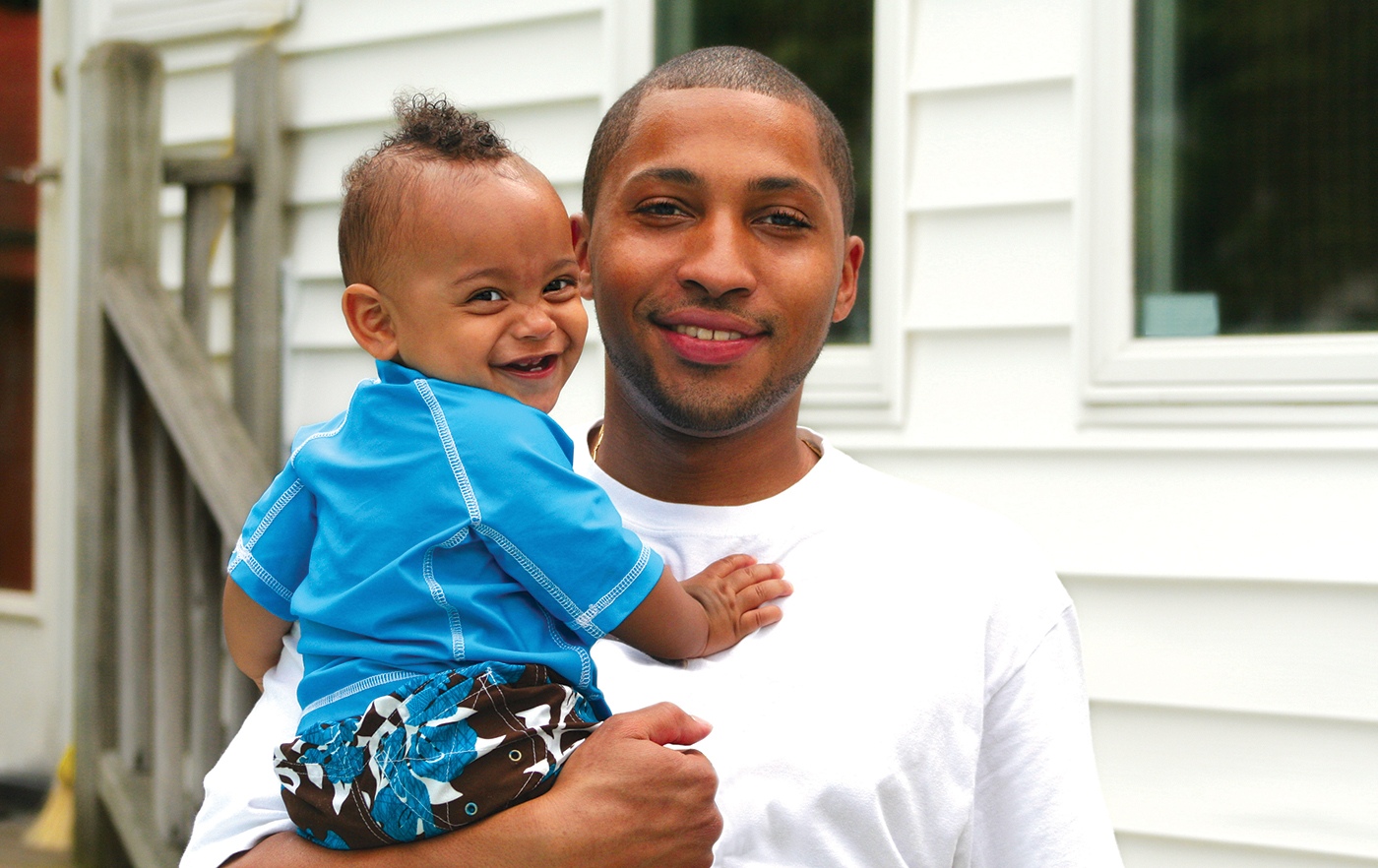
Crane Center for Early Childhood Research and Policy’s 8th Annual
Symposium on Children: Challenging Ourselves: Rethinking Family Engagement
Recapping the full day of speakers during our Symposium on Children is always a feat! For the 8th annual symposium, we reflected on the topic of family engagement, and how to navigate and develop strategies to improve upon parental and educational engagement. Below you will find descriptions of each session and recordings of the event. We encourage you to watch, learn, and reflect on the information as you are guided through Rethinking Family Engagement.
Welcome & Opening Remarks
Crane Center Executive Director, Dr. Laura Justice, started off the day with a warm welcome and opened the event by introducing the wonderful lineup of speakers and shared information about the Crane Center’s work. Tanny Crane, President and Chief Executive Officer of Crane Group provided opening remarks and introduced the keynote speaker. She thoughtfully reflected on the issues facing children, families, and educators that have become increasingly evident during the pandemic’s unprecedented times; and provided encouragement, thanks, and support in the commitment to find and discuss solutions to these issues.
Sessions
Challenging Ourselves: Rethinking Family Engagement
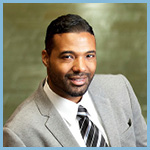 Featuring Dr. Angel Harris, professor of sociology and public policy at Duke University, Director of program for Research on Education and Development of Youth (REDY), and author of The Broken Compass.
Featuring Dr. Angel Harris, professor of sociology and public policy at Duke University, Director of program for Research on Education and Development of Youth (REDY), and author of The Broken Compass.
Note: Dr. Harris’ recordings are available for 30 days ending on 12.8.2021.
ABOUT THE KEYNOTE
Dr. Angel Harris joined us as the keynote speaker for the 2021 Symposium on Children. Dr. Harris is a professor of sociology at Duke University and researches social inequity, policy, and education. Dr. Harris’ book, The Broken Compass, examines family engagement strategies for diverse socioeconomically and ethnically diverse backgrounds. While meaningful family engagement can positively influence children’s social and learning experiences, Dr. Harris discussed the need for early childhood systems to engage families by tailoring engagement strategies to meet diverse socioeconomic and racial backgrounds of families. Dr. Harris also shared why particular engagement strategies work best for certain families.
RESOURCES
Angel L. Harris, Keith Robinson, A New Framework for Understanding Parental Involvement: Setting the State for Academic Success,
Robinson, K. and Harris, A.L. (2013), Racial and Social Class Differences in How Parents Respond to Inadequate Achievement: Consequences for Children’s Future Achievement. Social Science Quarterly, 94: 1346-1371
Maximizing Family Engagement in Children’s Schooling
 Featuring Dr. Angel Harris, professor of sociology and public policy at Duke University, Director of program for Research on Education and Development of Youth (REDY), and author of The Broken Compass.
Featuring Dr. Angel Harris, professor of sociology and public policy at Duke University, Director of program for Research on Education and Development of Youth (REDY), and author of The Broken Compass.
Note: Dr. Harris’ recordings are available for 30 days ending on 12.8.2021.
ABOUT THE BREAKOUT
Dr. Angel Harris, keynote speaker for the day, also led a breakout session focused on maximizing family engagement in school. While encouraging parents to become more involved in their children’s academic lives has been at the center of American school reform efforts to enhance children’s achievement, Dr. Harris’ research examines not on whether parents should be more involved, but rather on whether greater parental involvement will solve many of the problems currently facing our schools. During the session, Dr. Harris discussed different measures of parental involvement previously used in school settings and examined their implications on various academic outcomes. Dr. Harris also discussed his research which examines whether social class and racial disparities exist in parental involvement and what forms of involvement lead to increases in achievement across different social class backgrounds and from each major racial group within the U.S.
ABOUT THE BREAKOUT
Dr. Sherri Killins Stewart, director of systems alignment and integration and co-director of state services at BUILD Initiative, presented during session 2 of the symposium breakouts. Her session, Building Bridges not Blocks: Creating Pathways for Listening and Responding to Families and Communities, provided insight into elevating the voices of people that have historically fought and are currently fighting systems of oppression and institutional barriers. She encouraged us to think about the perspectives and experiences of the people in the communities we serve. To share their words, Dr. Killins Stewart recommended using direct quotes, and touch upon what was said rather than summarize the overarching feeling. Creating pathways for the voices of Black, Native American, Latinx, immigrant, and people of color to reach state leaders involves recognizing the importance of listening, learning, and responding. These processes generate better understanding of what state and community programs, services, and initiatives would best serve the children and families for which it seeks to provide positive outcomes.
How a Behavioral Economic Framework Can Support Scaling of Early Childhood Interventions
 Dr. Lisa A. Gennetian, Pritzker Professor of Early Learning Policy Studies, professor in the Sanford School of Public Policy, and faculty affiliate in the Center for Child and Family Policy at Duke University and author of How a Behavioral Economic Framework Can Support Scaling of Early Childhood Interventions.
Dr. Lisa A. Gennetian, Pritzker Professor of Early Learning Policy Studies, professor in the Sanford School of Public Policy, and faculty affiliate in the Center for Child and Family Policy at Duke University and author of How a Behavioral Economic Framework Can Support Scaling of Early Childhood Interventions.
ABOUT THE BREAKOUT
Dr. Lisa A. Gennetian, a Pritzker Professor of Early Learning Policy Studies, professor in the Sanford School of Public Policy, and faculty affiliate in the Center for Child and Family Policy at Duke University and author of How a Behavioral Economic Framework Can Support Scaling of Early Childhood Interventions, presented at a symposium breakout session on behavioral economics. Behavioral economics combines the theories of conventional economics with social psychology and cognitive decision-making. This framework can be helpful to family engagement programs as they scale by addressing feasibility, cost, and fidelity while also providing safe, nurturing, and stimulating environments for children during the transition. Through using a behavioral economic lens, programs can gain insights on parent decision-making related to: choice, fear of judgment, miscalibration, and social norms in order to maintain strong family engagement and connection. Dr. Lisa A. Gennetian shared examples of home visiting and parenting programs using this approach.
RESOURCES
Gennetian, Lisa. (2021). How a Behavioral Economic Framework Can Support Scaling of Early Childhood Interventions. 10.4324/9780367822972-5.
Strengthening Families through a Community Engagement Hub Approach
 Melissa Johnson, director of The Starting Point Learning Center and founder of the Family Adolescent & Child Community Engagement Service (FACCES)
Melissa Johnson, director of The Starting Point Learning Center and founder of the Family Adolescent & Child Community Engagement Service (FACCES)
ABOUT THE BREAKOUT
Melissa Johnson, director of The Starting Point Learning Center and founder of the Family Adolescent and Child Community Engagement Service (FACCES), presented at a breakout session on strengthening families. The Starting Point Learning Center is a neighborhood early childhood center offering high-quality education to families within its Columbus, Ohio community. Director Melissa Johnson engages regularly with families both through her work at the center and as an active member of the neighborhood herself – roles which grounded her belief that children best grow and develop through strong families. During the pandemic, it became clear that families in her community needed more help, so Melissa founded the Family Adolescent & Child Community Engagement Service (FACCES) to offer holistic support through comprehensive community resources in a variety of areas including culinary education, mental wellness, legacy development, physical wellness, and child advocacy. In this session, Melissa shared about her entrepreneurial launch of FACCES and how she is building the service. She shared the lessons that her and her team are learning along the way and the impact they’ve seen within their community.
How to Apply What We’ve Learned
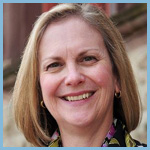 Dr. Barbara Boone, principal investigator and director of the Ohio Statewide Family Engagement Center in the Center on Education and Training for Employment
Dr. Barbara Boone, principal investigator and director of the Ohio Statewide Family Engagement Center in the Center on Education and Training for Employment
CLOSING
Dr. Barbara Boone, principal investigator and director of the Ohio Statewide Family Engagement Center in the Center on Education and Training for Employment, provided closing remarks. Dr. Boone asked us to apply what we learned throughout the keynote and breakout sessions. She set up a thoughtful and purposeful conclusion to the 2021 Symposium on Children.


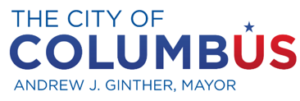
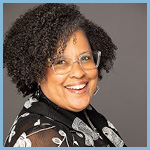 Dr.
Dr.